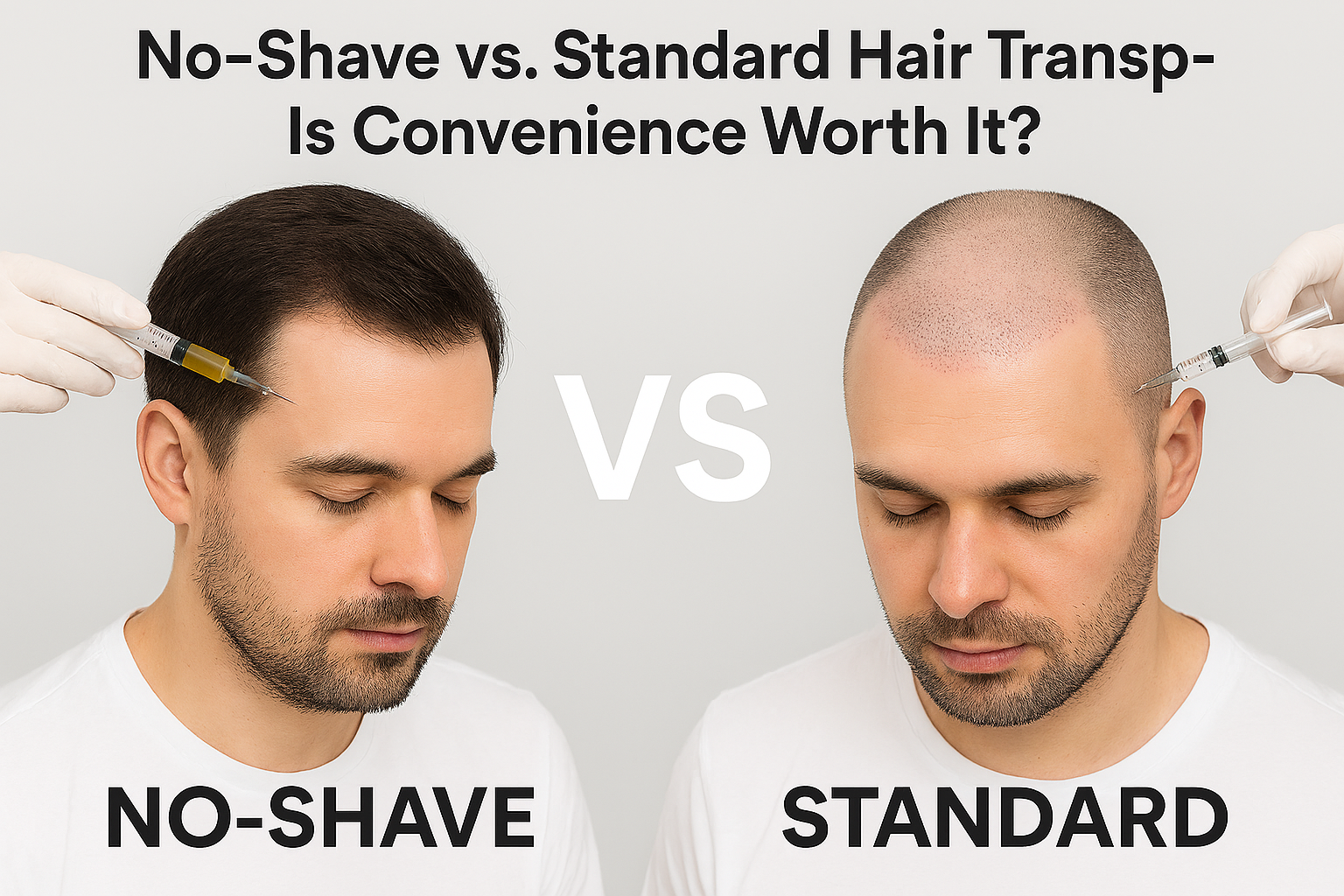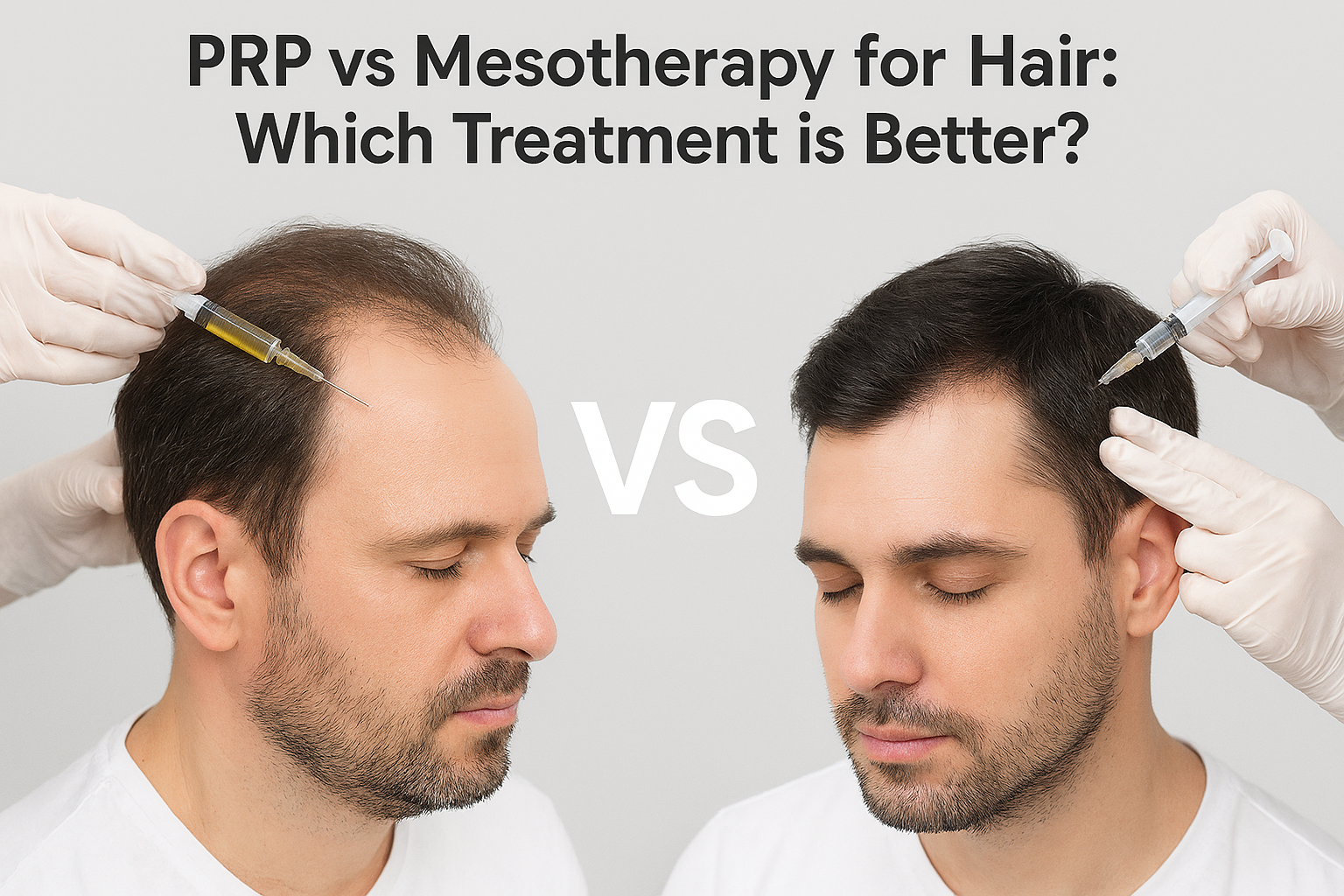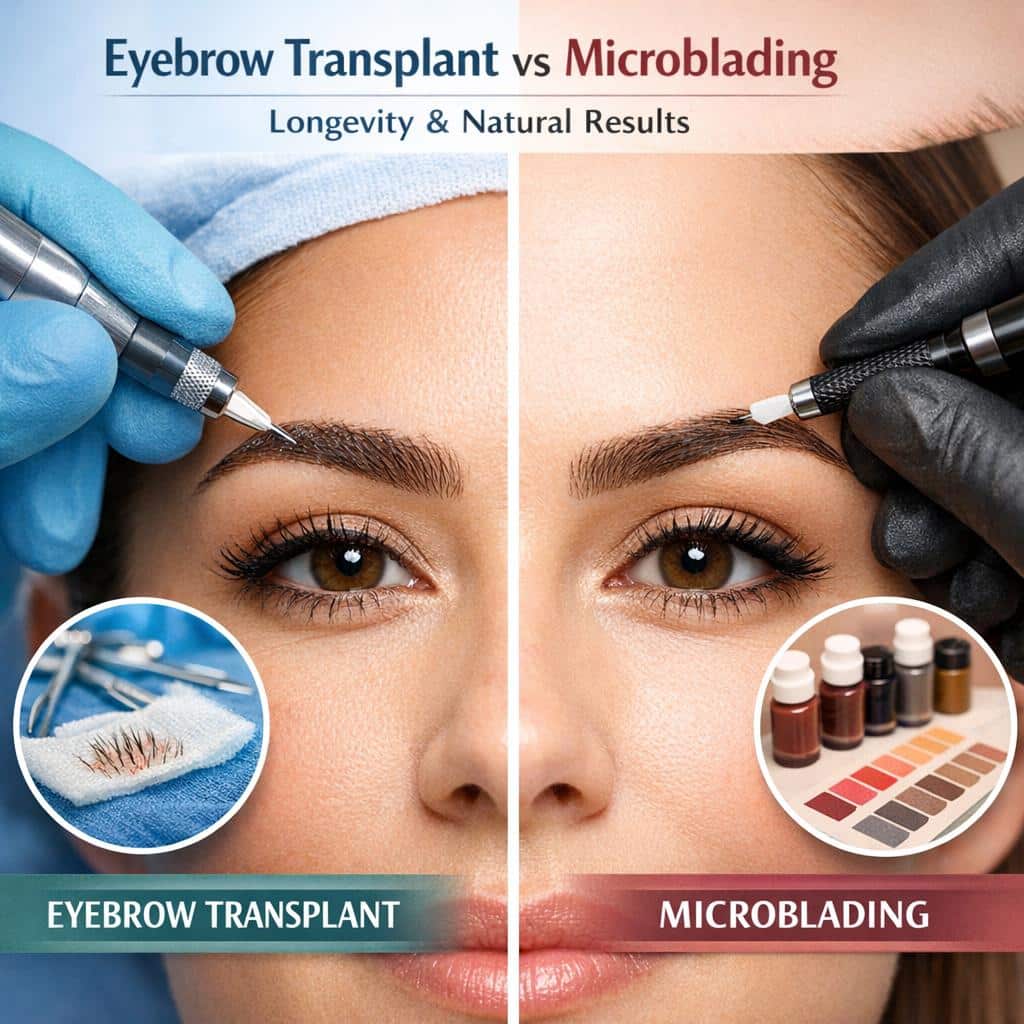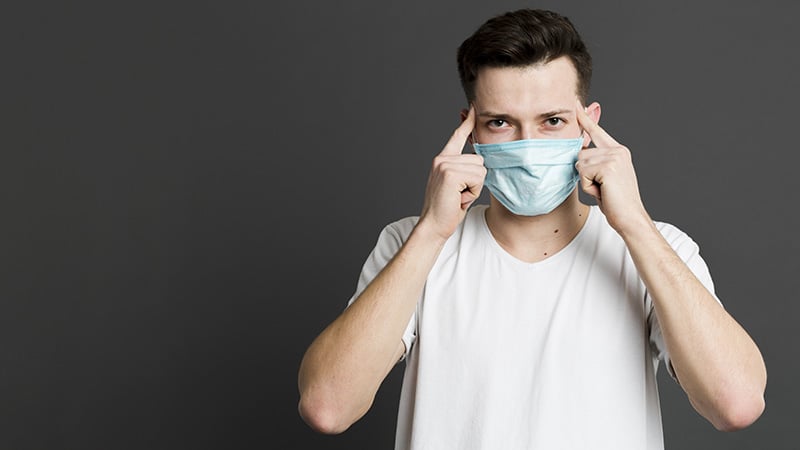Is hair loss a side effect of coronavirus?
Coronavirus hair loss has recently been reported in media as a possible side effect of COVID-19, the disease caused by the new virus SARS-CoV-2. While the world awaits a definitive coronavirus cure, experts continue to study the consequences of the disease, and the latest coronavirus update says that among its side effects could be… alopecia.
Dermatologists, trichologists and hair experts are beginning to alert that after overcoming COVID-19, around 27% of patients report a massive hair loss after 2 or 3 months, according to a survey conducted among more than 1,500 members of the Survivor Corp Facebook group, which brings together people who have overcome the disease and discuss its consequences.
Therefore, beyond finding a coronavirus vaccine, there are still lots of questions lingering this disease. It is still too early to establish with scientific certainty if there is indeed a direct relationship between coronavirus and alopecia, but could be one of the symptoms of coronavirus? What are the causes behind this abnormal hair loss? Can we avoid it? Let’s see what experts say about these questions.
Is hair loss part of coronavirus symptoms?
Among the latest coronavirus news, one of them has caught the attention of media: famous actress Alyssa Milano, known for her role in TV series such as Melrose Place or Charmed, began to relate through social media her terrible personal experience after some months ago she tested positive for coronavirus and suffered from COVID-19, a disease that she finally got to overcome last April.
Milano, who said she never felt so bad and that she even thought she was going to die, posted on her Instagram account a video of about one and half minutes that has gone viral, in which she shows how -after a simple brushing- large locks of hair shed from her scalp. “I just wanted to show you the amount of hair that’s coming out of my head as a result of COVID,” said the actress in the video.
After sharing this experience, many cases of hair loss have been reported in women who have overcome COVID-19, leading experts to wonder if hair loss could be a new coronavirus symptom or a side effect of the disease, not known until now, but that is becoming more and more apparent as time passes for first COVID-19 patients.
What are the causes of hair loss by COVID-19?
These cases of female hair loss apparently due to COVID-19 have quickly attracted attention of patients and experts; although it also worries men, hair loss in women is always a greater cause of alarm due to the great importance that hair has for women’s image and emotional well-being. That´s why patients who have reported hair loss after overcoming COVID-19 are alarmed, thinking that they will lose all their hair in just a few weeks.
Experts, however, appeal for calm, and maintain that one of the most probable causes of hair loss in these patients is actually telogen effluvium, a great loss of hair triggered by great physical or emotional shock (stress hair loss), high fever, a serious illness or a great loss of weight (symptoms that in many cases are associated with COVID-19), and that usually occurs between 3 and 6 months later. But most importantly: it is reversible in most of cases.
The explanation is simple. Hair goes through 3 cycles; normally 90% of our head hair is at any time in the growth phase (anagen), 5% in the resting or transition phase (catagen), and between 5 and 10% -depending on the season- in the shedding phase (telogen), which can last 3 months. But if our body suffers a great shock or stress, up to 50% of our hair can suddenly go into the telogen phase, and fall out before time.
Normally this is a process that takes place after some time -hence we have noticed now the first cases, months after the first coronavirus outbreak- due to the cycles hair goes through; that is, we can go through a serious illness such as COVID-19, and suffer a great loss of hair 3-5 months later. Although telogen effluvium occurs mainly in young women, with coronavirus it is also occurring in men.
How to stop hair loss
Many experts already had anticipated an increase in telogen effluvium cases by coronavirus; it´s not just the stress that COVID-19 poses for our body, but also the one caused by confinement, by fear of the pandemic or of losing job, or by the death of a loved one. Hair loss itself can feed back that stress, and thus accelerate hair loss; but this phenomenon should last no longer that 2-3 months: hair will grow again, and regain its appearance after 4-6 months.
Scientifics still don´t known why some patients who have passed through COVID-19 lose hair, and others do not; it could be related to genetics and the way in which it affects hair loss; some studies on the subject have suggested a possible relation between alopecia and COVID-19 severity cases, and even a possible coronavirus treatment based on antiandrogens such as finasteride, used as hair loss treatment. But this is still theory.
How to prevent hair loss due to COVID-19? If you suffer from this problem, ask for professional help to get a proper diagnosis on its cause. Stress, certain medications, hormonal changes, or a poor diet can also trigger hair shedding; therefore, a high-protein diet, some vitamin for hair loss (D vitamin, biotin) or even certain therapies can help. PRP (Platelet Rich Plasma), a well known hair loss cure, can also accelerate hair growth after telogen effluvium.
If you suffer from coronavirus hair loss, it is important to clearly diagnose that the cause is COVID-19 and not male pattern hair loss, which leads to an irreversible baldness. Remember that at Clinicana we are experts in all types of hair treatments: take a look at the reviews about hair transplant in Turkey by our patients, and find out why we are the best rated clinic. Ask for your free consultation now!

For many individuals facing hair loss, the decision to undergo a hair transplant is not hindered by the surgery itself, but by the recovery phase. Specifically, the prospect of shaving one’s head is a significant psychological barrier. In our clinical practice, we frequently meet patients—ranging from high-profile executives to women with diffuse thinning—who delay necessary […]

Investing in a hair transplant is a significant decision that represents a commitment to restoring not just your hair, but your self-confidence. However, the procedure itself is only the beginning of the journey. Once you leave the operating room, your scalp enters a critical recovery phase where the newly implanted follicles must anchor themselves and […]

The eyebrows are one of the most defining features of the face, framing the eyes and conveying emotion. However, for many people, achieving the perfect brow is a daily struggle involving pencils, powders, and gels. Over-plucking in the past, genetic thinning, or medical conditions can leave brows sparse or misshapen. In the quest for a […]












